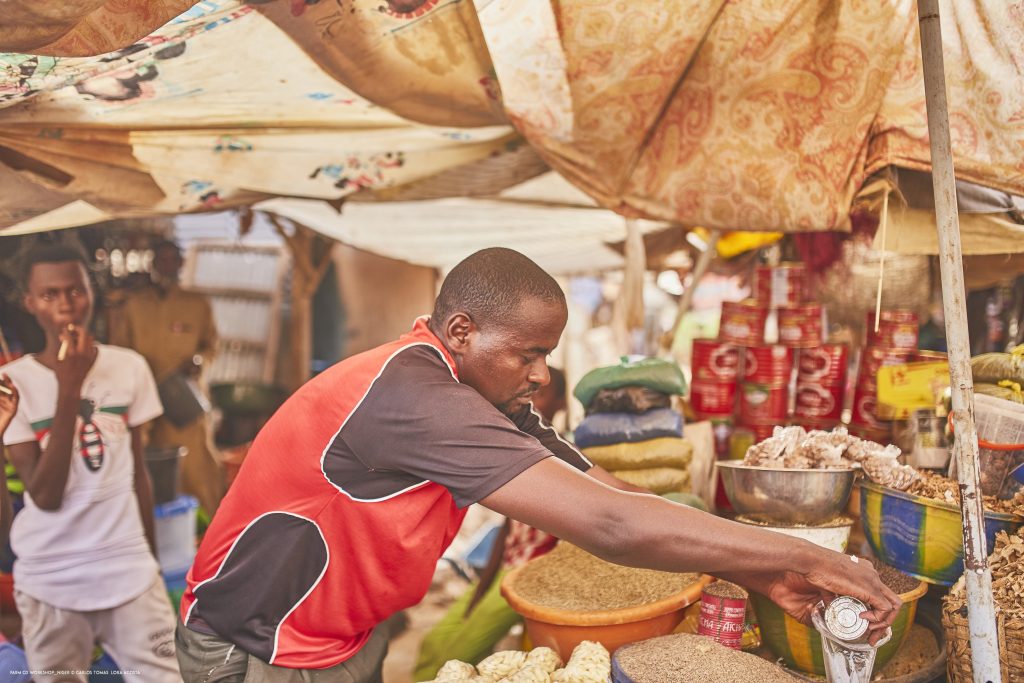The impact of the COVID-19 pandemic on agricultural value chains – What we can do to mitigate the impact

The COVID 19 pandemic has brought the world partially to a standstill. Movement of people and goods is seriously hampered at domestic and cross-boundary levels. Currently, governments in over 70 countries have imposed various degrees of lock-downs affecting 3 Billion people worldwide. This has severe consequences for many sectors including the agricultural sector. Farmers and agricultural enterprises, in all VCB-N member countries, are likewise heavily affected by the current restrictions in their respective countries.
The measures taken to avoid the spread of the COVID 19 pandemic affect local as well as global agricultural value chains and food systems. Food systems and value chains are seriously disrupted through both, up- and downstream blockages. Farmers are not able access markets anymore, and in many cases also do not have access to storage or cooling facilities thus are forced to dump their produce. While globally, imposed export and import restrictions lead to limited exports of produce and potentially food shortages in import depending countries. Farming families combining farming with off-farm income are among the ones most severely affected as also opportunities for earning off-farm daily wages are cut off.
Measures to enhance the resilience of the agricultural sector against external shocks like this kind of pandemic crises seem desperately needed. This could entail more circularity and autonomy in local based production systems; increased availability of and access to processing and storage facilities or; creating food banks and emergency stocks at decentralized levels.
The term “think global, act local” seems to be more appropriate than ever…